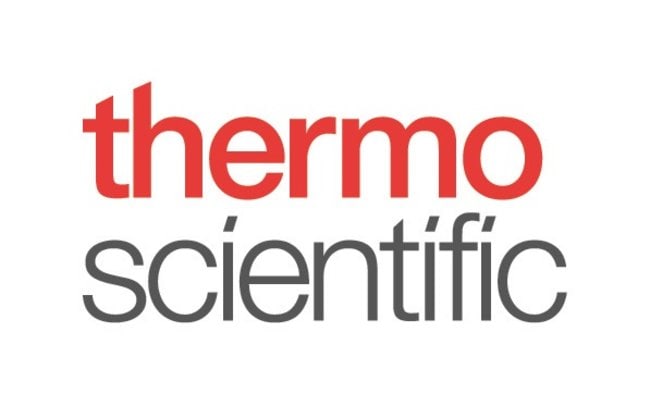Search Thermo Fisher Scientific

Fibrinogen, Bovine
This Thermo Scientific Chemicals brand product was originally part of the Alfa Aesar product portfolio. Some documentation and label information may refer to the legacy brand. The original Alfa Aesar product / item code or SKU reference has not changed as a part of the brand transition to Thermo Scientific Chemicals.
General Description
• Fibrinogen exists in blood as a dimer of three bonded, non-identical chains, FGA, FGG, and FGB
• Fibrinogen is cleaved by thrombin to form fibrin, the most abundant component of blood clots
Application
• Fibrinogen can be used in a laboratory setting to form polymer hydrogels, particularly for use as a tissue scaffold
• Fibrinogen may be useful in the research of neurodegeneration and brain injury; some evidence shows that it has a signaling role in neural progenitor cells
General References:
- Jira W, Schwägele F. A sensitive HPLC-MS/MS method for the simultaneous detection of microbial transglutaminase, and bovine and porcine fibrinogen/thrombin in restructured meat. Food Chem. 2017 Dec 15;237:841-848. doi: 10.1016/j.foodchem.2017.06.030. Epub 2017 Jun 12. PMID: 28764076.
- Kargl R, Bračič M, Resnik M, Mozetič M, Bauer W, Stana Kleinschek K, Mohan T. Affinity of Serum Albumin and Fibrinogen to Cellulose, Its Hydrophobic Derivatives and Blends. Front Chem. 2019 Sep 6;7:581. doi: 10.3389/fchem.2019.00581. PMID: 31552215; PMCID: PMC6743410.
